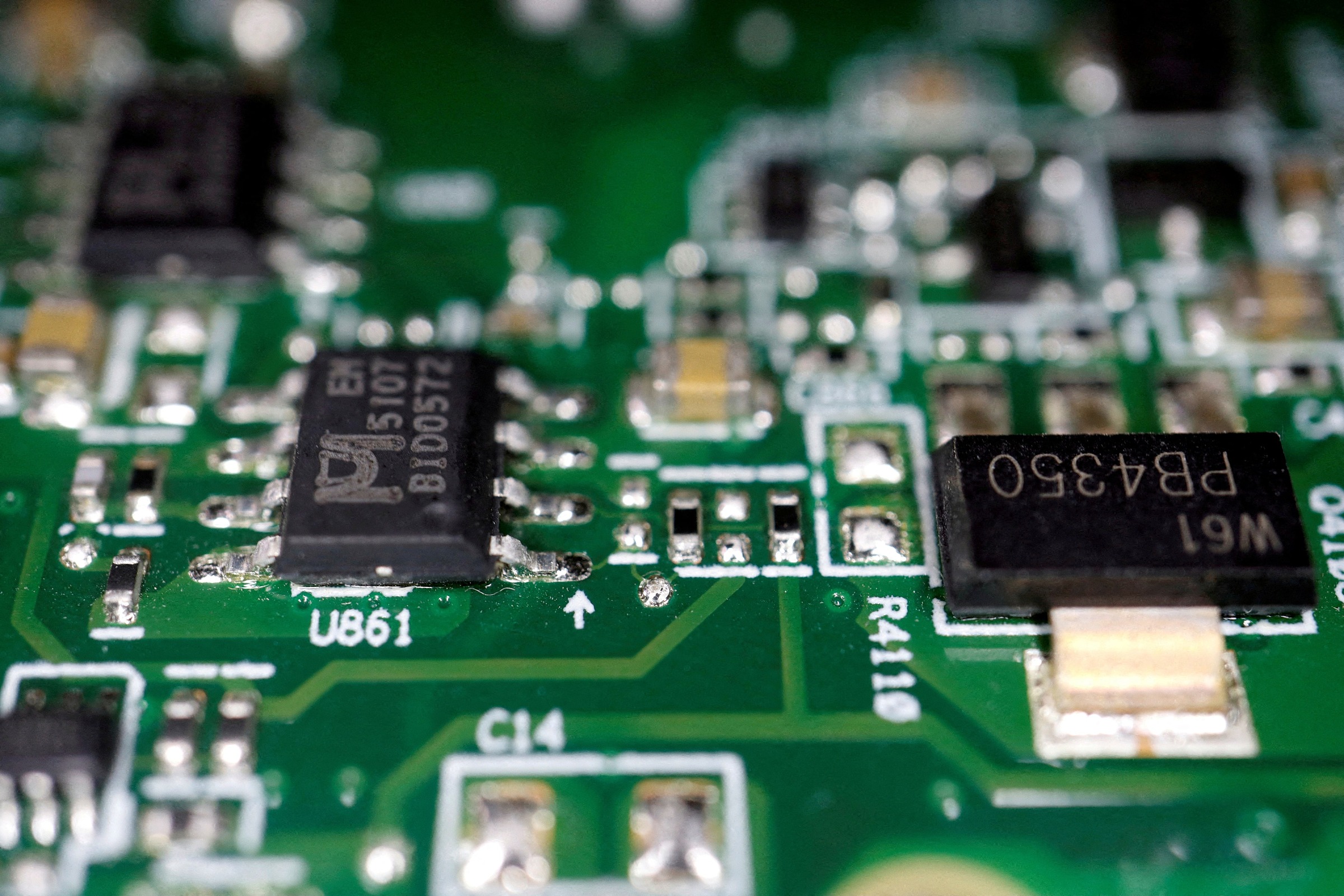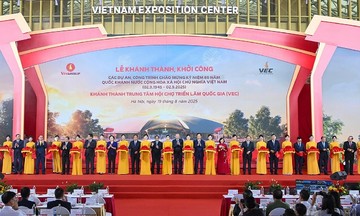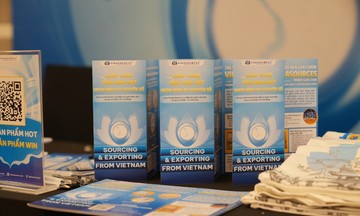On 2/7, three of the world's leading electronic design automation (EDA) software companies—Synopsys, Cadence Design Systems, and Siemens—announced they are reconnecting with customers in China. Siemens stated it has resumed sales and technical support to Chinese customers after receiving notification from the US Department of Commerce that the export control measures are no longer in effect.
Synopsys expects to complete system updates to restore access and support for its Chinese customers within three business days.
Prolonged EDA restrictions could have severely damaged China's chip design industry. In April, Xinhua reported that Synopsys, Cadence, and Siemens currently hold over 70% of the EDA market share in China.
Also on 2/7, US officials sent letters to ethane producers, notifying them of the withdrawal of the permit requirement for exports to China. This requirement was in place during the end of May and throughout June.
 |
Semiconductor chips on a circuit board in February 2023. Photo: Reuters |
Semiconductor chips on a circuit board in February 2023. Photo: Reuters
The EDA and ethane restrictions were just two of the measures the administration of former US President Donald Trump implemented in response to China's tightening of rare earth and rare earth magnet exports in April. The restricted rare earth supply disrupted critical supply chains for the automotive, aerospace, semiconductor, and defense industries. This issue previously threatened the bilateral trade agreement between the US and China.
Last week, China's Ministry of Commerce announced that following discussions with the US, the two sides agreed on a framework. China will review the licensing of several items for export. In return, the US will cancel corresponding restrictive policies.
"The US imposed restrictions on various products to pressure China into concessions on rare earths. If both sides continue to adhere to the agreement, these restrictions will disappear, returning to the normal state of February and March," a US government source told Reuters.
However, it remains unclear whether other retaliatory measures imposed by the US will be lifted. These include the suspension of GE Aerospace's license to export jet engines for COMAC's (China) C919 aircraft, as well as restrictions on nuclear equipment suppliers to Chinese power plants.
Ha Thu (Reuters)












